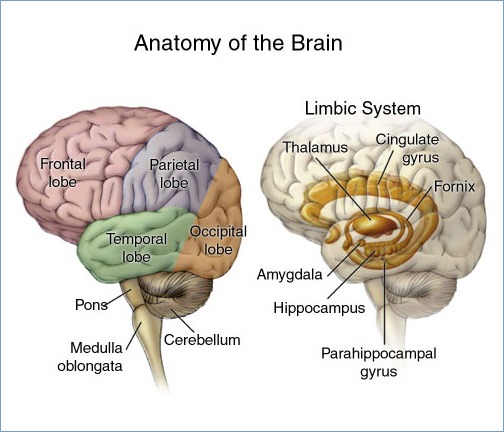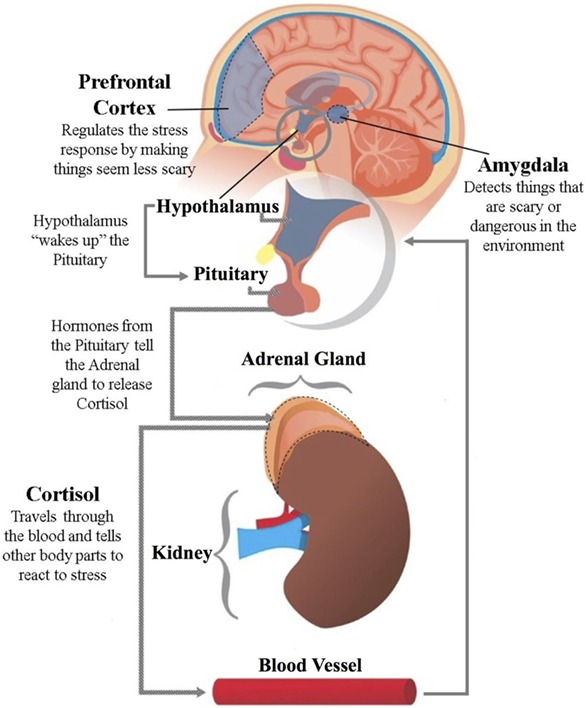Posts by Dr. Jerome Schultz
The frontal lobes, the little brain down under and “Stayin’ Alive” (3/3)
__ [Editor’s note: Continued from Exploring the human brain and how it responds to stress (1/3) and On World Health Day 2020, let’s discuss the stress response and the General Adaptation Syndrome (2/3)] More on the Cortex, the Limbic System, and Stress: The cortex is made up of four major sections, arranged from the front…
Read MoreOn World Health Day 2020, let’s discuss the stress response and the General Adaptation Syndrome (2/3)
_______ [Editor’s note: Continued from yesterday’s Exploring the human brain and how it responds to stress (1/3)] Stress was put on the map, so to speak, by a Hungarian — born Canadian endocrinologist named Hans Hugo Bruno Selye (ZEL — yeh) in 1950, when he presented his research on rats at the annual convention of…
Read MoreExploring the human brain and how it responds to stress (1/3)
__ Worry is like a rocking chair. It gives you something to do, but it gets you nowhere. — Erma Bombeck The brain is the control center for all of our thoughts, actions, attitudes, and emotions. It’s the pilothouse on the riverboat of our lives. It’s Mission Control for all of our flights into space…
Read MoreFrom Distress to De-Stress: helping anxious, worried kids (Part 2 of 2)
Last week, in this article’s first part, we discussed the importance of actually teaching children how to get themselves into a physical state of being relaxed, explored several suggestions I hope you found useful. Let’s continue. Teachers can help student overcome stress by teaching them to identify the impediments they might encounter in doing a…
Read MoreFrom Distress to De-Stress: helping anxious, worried kids (Part 1 of 2)
Teaching kids how to relax. Consider this vignette: ‑Roxanne: (agitated and loudly) I can’t stand this freakin book! ‑Teacher: Roxanne, you need to take it easy. Just calm down! Try to relax.You need to finish your reading. ‑Roxanne: (to herself) Right easy for you to say, teacher. But very hard for me to do. What do…
Read More


